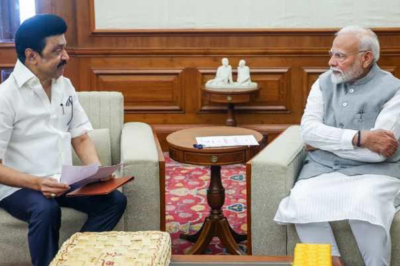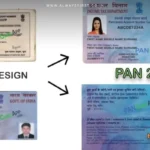
- Tamil Nadu CM MK Stalin opposes the National Education Policy (NEP), calling it an attempt to impose Hindi.
- PM Narendra Modi, in contrast, urged unity, saying Indian languages have always enriched each other.
- The debate over language policy continues to deepen political divides between the Centre and opposition-ruled states.
Is NEP a Step Forward or a Political Flashpoint?
The National Education Policy (NEP) has once again sparked a heated political battle, with Tamil Nadu’s ruling DMK government strongly opposing the three-language formula. CM MK Stalin has accused the Centre of trying to impose Hindi, claiming that Tamil Nadu will never accept such a policy. His party has been vocal in rejecting the idea of a trilingual education system, arguing that it goes against the state’s long-standing two-language policy.
Union Minister Dharmendra Pradhan, responding to Stalin’s accusations, dismissed the claims as political posturing. He argued that NEP is meant to promote multilingual learning, not impose Hindi. Meanwhile, PM Modi, speaking at the 98th Akhil Bharatiya Marathi Sahitya Sammelan, took a broader approach, urging people to reject divisions based on language. He highlighted India’s linguistic diversity as a symbol of strength, not conflict.
A Clash of Ideologies or a Call for Unity?
While Stalin insists that NEP is an attack on regional languages, Modi’s message focuses on inclusivity, emphasizing that languages evolve and influence each other over time. He reminded people that Marathi itself has roots in Sanskrit but has been shaped by other languages as well. His speech was a clear attempt to counter narratives of linguistic dominance, reinforcing that no Indian language should be seen as superior to another.
With Tamil Nadu demanding Rs 2,152 crore in educational funds and linking it to alleged Hindi imposition, the political tussle shows no signs of slowing down. As the Centre and Tamil Nadu continue their standoff, the larger question remains—can India embrace linguistic diversity while maintaining unity, or will language politics deepen regional divides?








































Leave a Reply